
The Fair-Trade Independent Tobacco Association (FITA) has rejected accusations of tax evasion against its member companies.
Earlier this week, British American Tobacco South Africa (BATSA) suggested that many of its competitors were selling below the legal minimum collectable tax (MCT) level. According to an IPSOS report commissioned by BATSA, three-quarters of retail outlets in Gauteng, Western Cape and Free State are now openly selling illegal cigarettes.
Many of the brands that sold below MCT level belonged to FITA members, according to the report.
The FITA questioned IPSOS credentials. “This is not BATSA’s first dance with this particular research institution following the much-discredited report released in 2018,” the association wrote.
“Independent researchers and academics have repeatedly voiced their concerns about Big Tobacco and how it should not be trusted in respect of its research and studies on the illicit tobacco trade. They have repeatedly been found to have overstated the size and prevalence of this scourge in order to suit their selfish needs, often to the detriment of their commercial competitors and/or the fiscus.
“These so-called independent reports are now also being used as ammunition by Big Tobacco for anti-competitive purposes to smear the names and brands of independent local cigarette manufacturers.”
FITA insisted its members comply with South Africa’s tobacco laws. The association says it supports an inquiry where warranted, and that authorities should investigate BATSA.


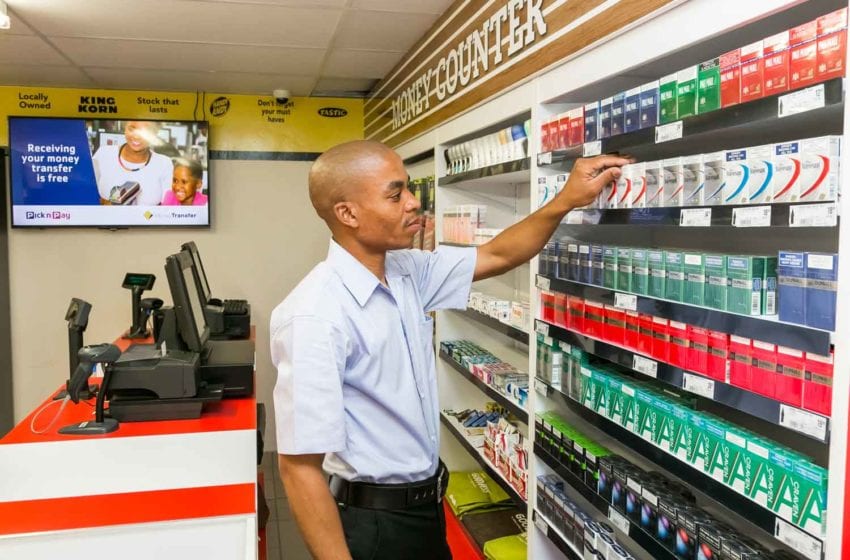
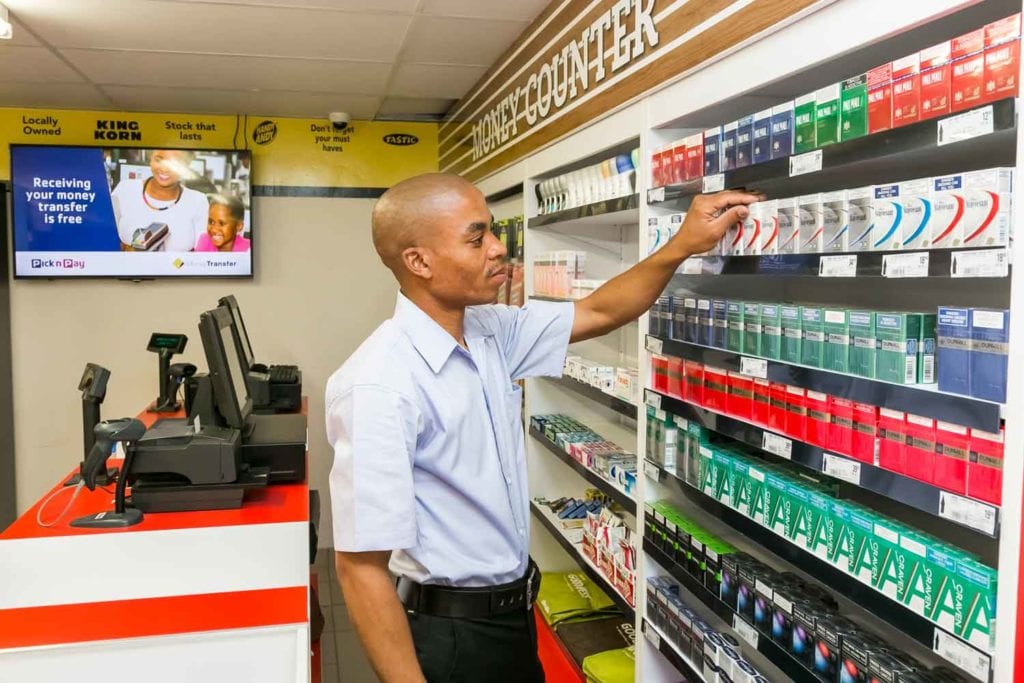
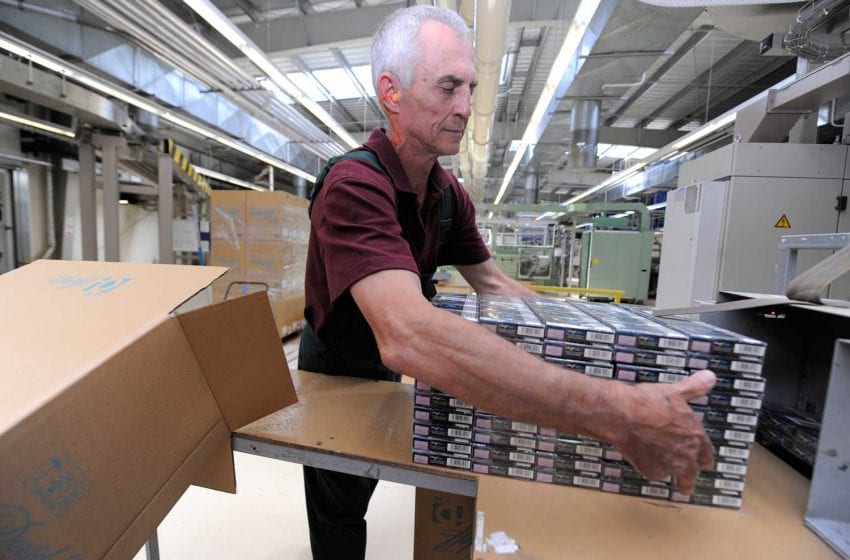
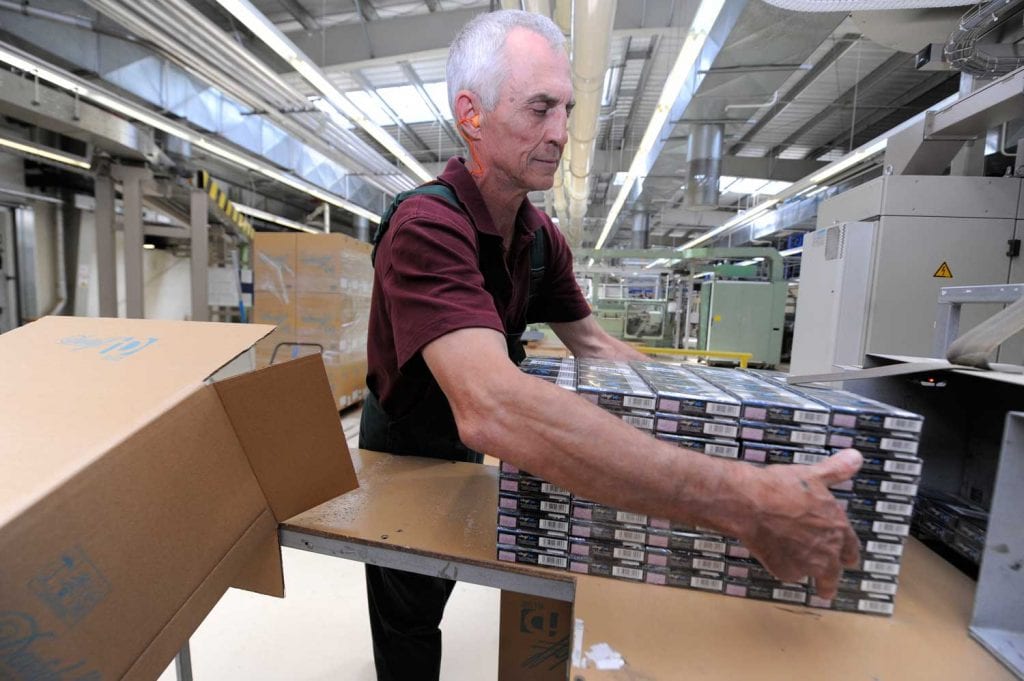





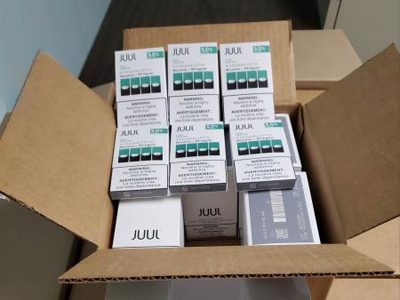
 U.S. Customs and Border Protections (CPB) officers in Indianapolis seized six shipments containing more than 10,000 unapproved Juul Pods. All the shipments originated from an individual in Ontario, Canada, and were headed to various locations in New York and New Jersey.
U.S. Customs and Border Protections (CPB) officers in Indianapolis seized six shipments containing more than 10,000 unapproved Juul Pods. All the shipments originated from an individual in Ontario, Canada, and were headed to various locations in New York and New Jersey.





